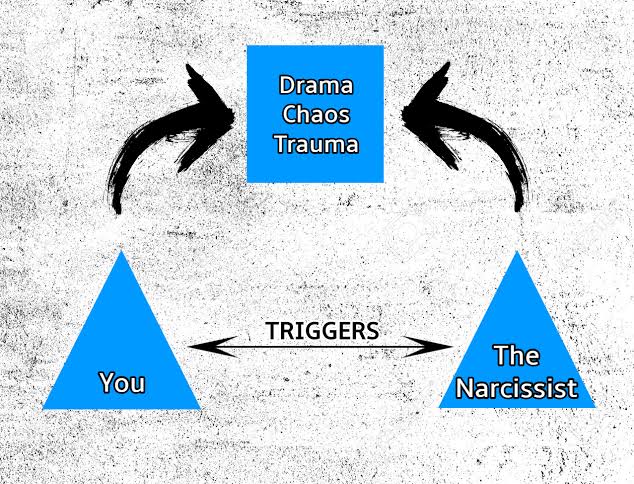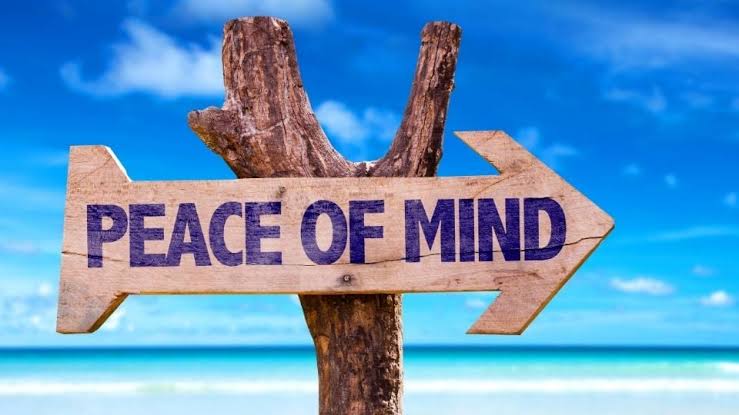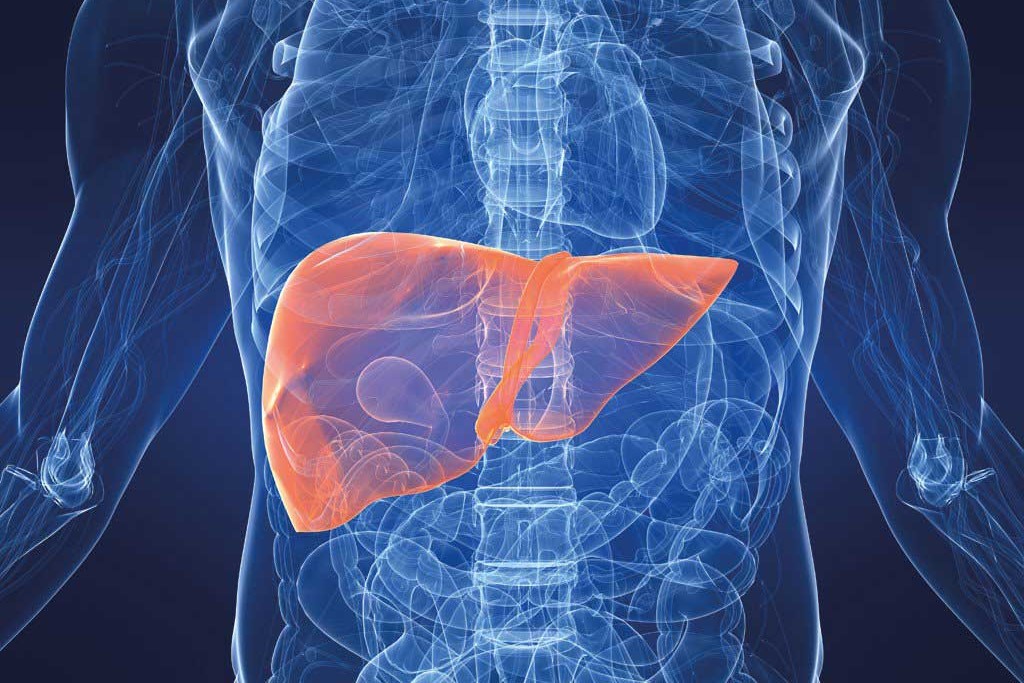Here we explore the science and psychology of drama and its impact on our lives.
Drama is from inside. We are talking about the people who are addicted to drama. Ease and normal life seem to be boring to them. So, they tend to make a fuss and fight with their people to feel alive and to feel seen. These types of people gather their surrounding people to their tornado and talk negatively just to feel like something is happening around. People who are self-centered or controlling and they just want everyone to see them yet they don’t feel like being seen.
Gossiping is one of the types of drama addiction. Gossiping creates a sense of inclusion but can lead to negative consequences: Addiction to drama is a way to identify and label childhood trauma and the effects of growing up in a chaotic household or experiencing sustained abuse.
Drama is about making sensation and that sensation gives you a sense of feeling alive when most of your internal experience is feeling numb. It gives you enough the decimal of volume of sensation high enough to rise above the threshold of numbness to go “I feel something”. Numbness comes from trauma responses.
Engaging in drama can provide a sense of energy and pain relief, acting as an anaesthesia for our emotions. The cycle of pain and bullying in relationships and the importance of feeling safe to receive love and care can also cause the person to be drama. Trauma causes our senses to be attuned to danger and anticipate future trauma. External and internal narratives can impact one’s emotions and relationships. We notice that how small issues can escalate into drama and the importance of addressing underlying emotions.Addiction to drama is classified by five characteristics including tolerance, withdrawal symptoms, disregard for social consequences, occupation of energy and attention.Building awareness and acceptance of vulnerability is key in maintaining healthy relationships with oneself and others. Passive behaviour and not addressing conflicts can lead to increased drama and emotional turmoil.
Make safe words with your family or friends or anyone who gets under your drama effect. Ask them to stop you when your tone gets rev up. Start to recognize things that rev you up. Choose your words wisely and recognize their impact on yourself and others, forgiving yourself for any past actions and taking responsibility for change.

How to deal with drama:
Being able to identify the signs of a drama addict will empower you with a sense of awareness, giving you a better idea of how to handle the situation.
Here are some tips:
- Reframe and soften your response.
When you see someone start to engage in the drama cycle, tell yourself these statements to help you take a step back:
“They are again being pulled into their drama cravings.”
“They are trying to avoid something very painful right now.”
“They are exhibiting this intense behavior because they are asking to be seen.”
This isn’t about making excuses. It’s to help you avoid being pulled into the drama and instead be a compassionate witness.
- Clarify what you can hear.
Explain what you are and aren’t open to hearing:
“I’m having a difficult time and can’t hold space for this right now.”
“I can be present to listen to what happened, but I don’t have the capacity to hear any blaming as to why it happened.”
“Now is not a good time. What’s your availability like later?”
Setting a firm but kind boundary will not only make you feel better, it can also help lower the temperature for the drama addict in the moment.
- Distance yourself.
The truth is that sometimes you will just have to walk away and end the relationship (for now).
While the terms “break up,” “walk away from someone,” or “leave the relationship” are often used, the reality is that you are making the conscious choice to return your energy and attention back to yourself




